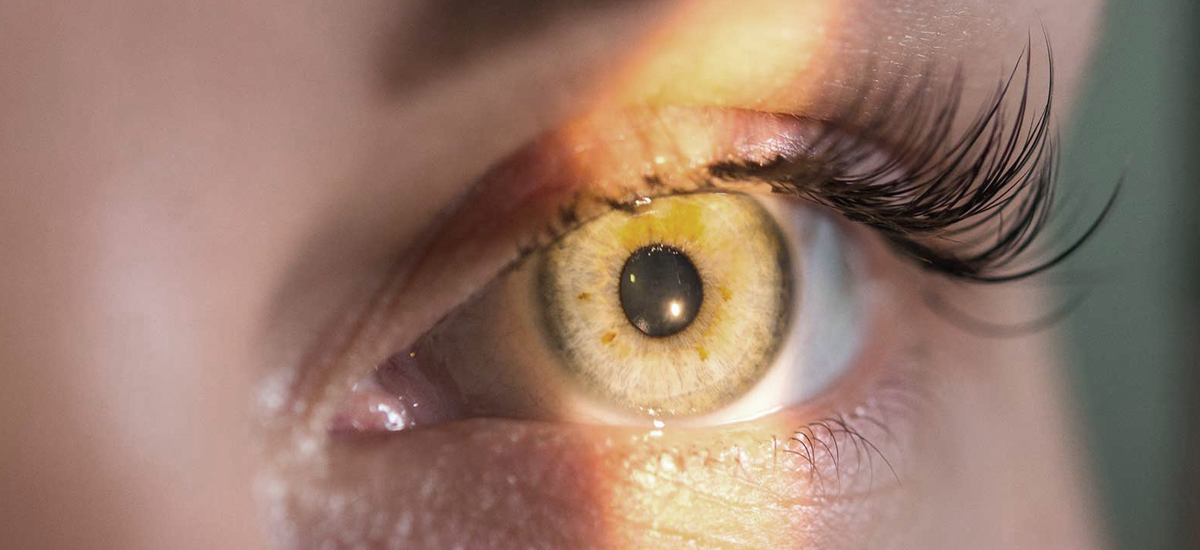Contact Lens’ Wearers: Yes, You Still Need Glasses

Did you know that 37 million people in the U.S. use contact lenses as their choice of vision correction? For Eyes is a great place to purchase this type of eyewear, and we offer a wide selection to choose from, including extended wear contact lenses, rigid gas permeable contact lenses, tinted or colored contact lenses, and more.
Getting contacts is an exciting time because this form of vision correction can promote your eyesight and provide a superior field of view. However, you might be surprised to know that contact lens’ wearers still need glasses.
Why do contact lens’ wearers still need glasses?
Contact lenses are an excellent choice for people of all ages. And if you have a strong prescription, making sure your corrective eyewear stays intact is paramount. If you or your child are playing basketball, soccer, or another sport, there’s a chance that your glasses could fall off and break, which would put you at risk for not having the proper visual coverage when you need it.
So, yes, contact lens’ wearers still need glasses. In addition to ensuring that your corrective eyewear stays put during athletic events, contact lenses can also benefit you by making it less evident that you’re wearing vision correction and by providing a wider field of view than glasses.
However, contact lens’ wearers still need glasses because while contact lenses offer great visual coverage, they cannot be worn long term, and they may cause eye infections if not cared for in the right way. For instance, even if you wear extended wear contact lenses, you’ll want to clean them once per day. By wearing them non stop, you can put yourself at risk for eye infections.
Having a pair of glasses on hand as a back-up form of vision correction is a good idea to keep your eyes safe. You can still wear your contact lenses as often as prescribed by your eye doctor, but you’ll want to have a pair of glasses in case you need them. Glasses can also be helpful to switch up your vision correction if your eyes get tired or irritated from wearing contact lenses for too long.
Summary: Contact Lens’ Wearers and Glasses
No matter your preferred form of vision correction, your eyes will need a break sometimes. And contact lens’ wearers still need glasses, even just as back-up eyewear, in case your eyes become irritated from wearing contact lenses too often or if you don’t have time to clean your contact lenses before inserting them.
We suggest that if you get contact lenses, you should wear them as often as your optometrist recommends. After all, they provide clear visual coverage, making it easy to see in a variety of conditions. However, it’s necessary to have glasses if your eyes need a break because, at some point, they may.
Shop at For Eyes for your next pair of glasses
Show off your unique style and browse our wide variety of frames from your favorite brands for men, women and kids. Stop by your local For Eyes or order online at your convenience.











